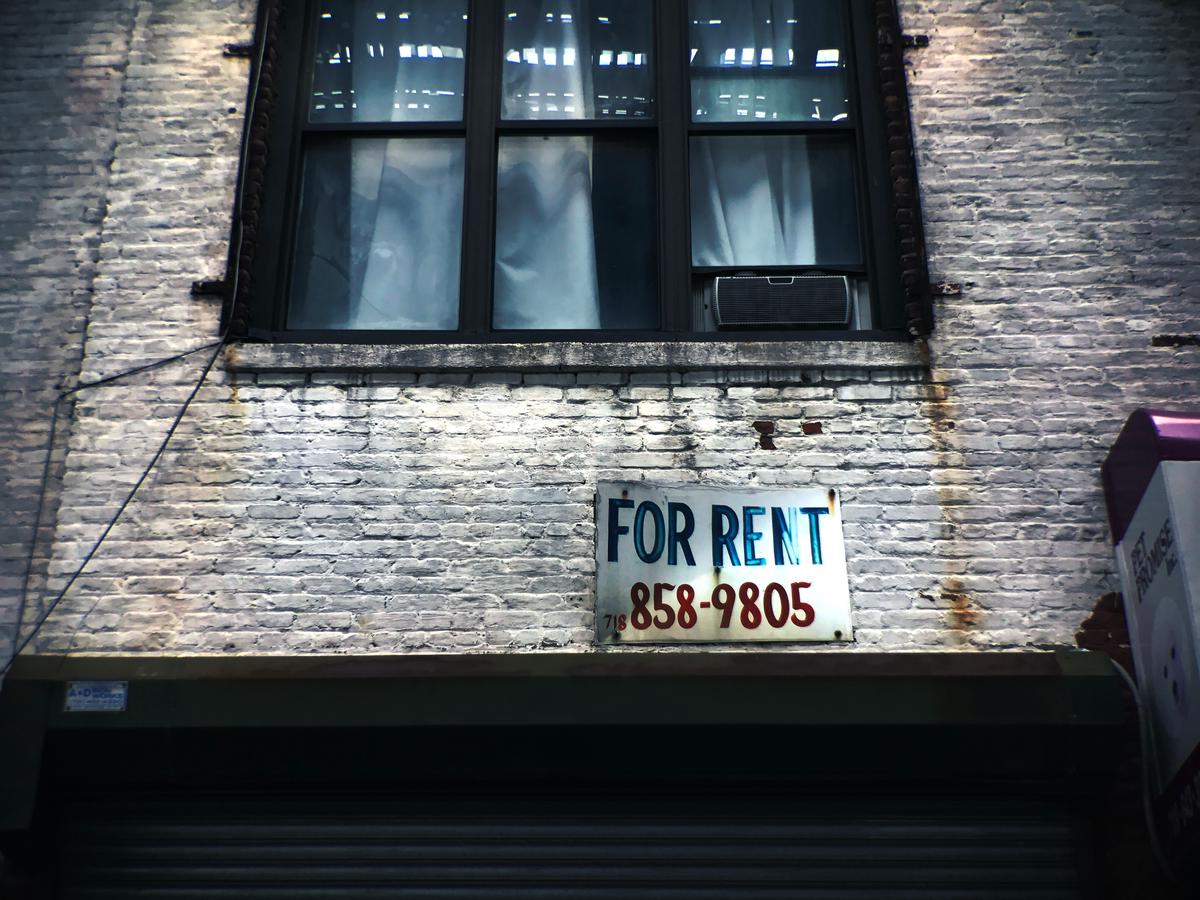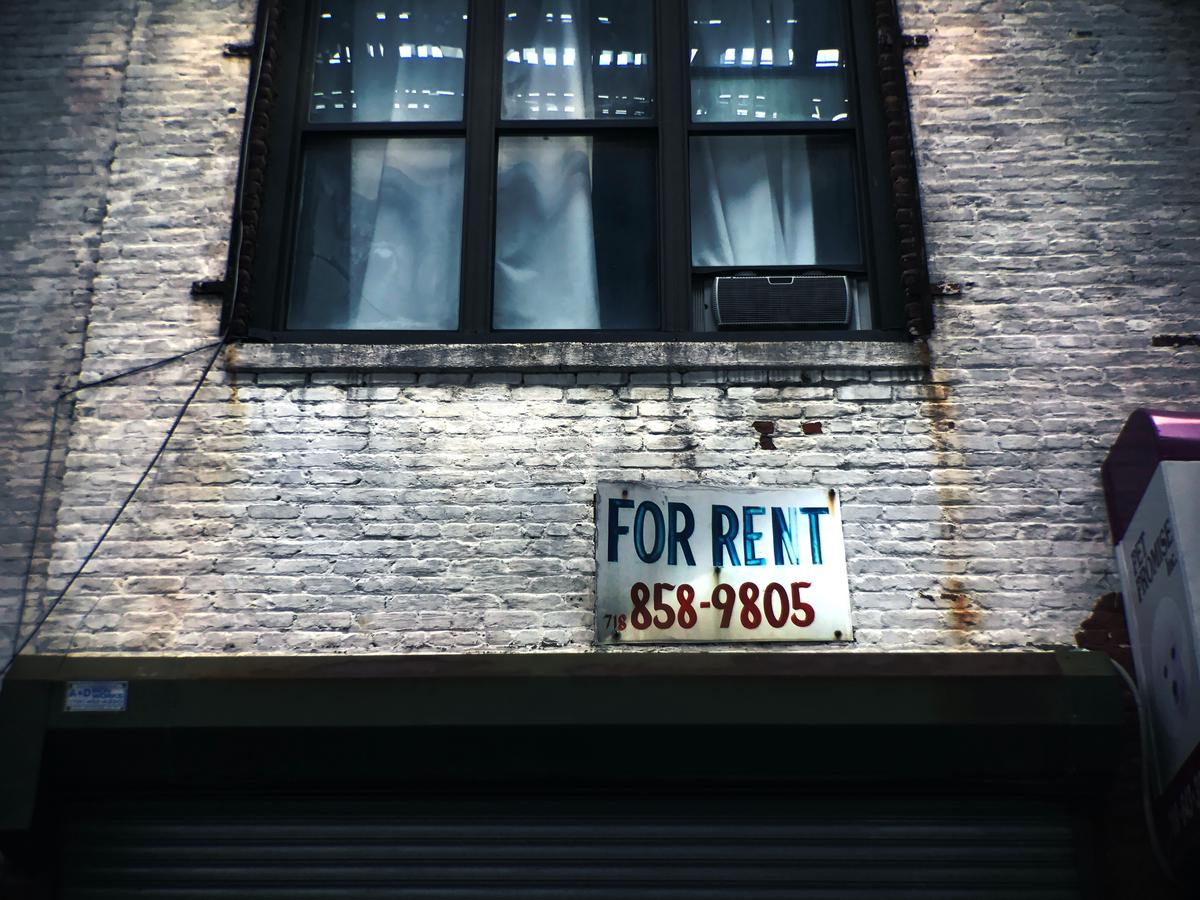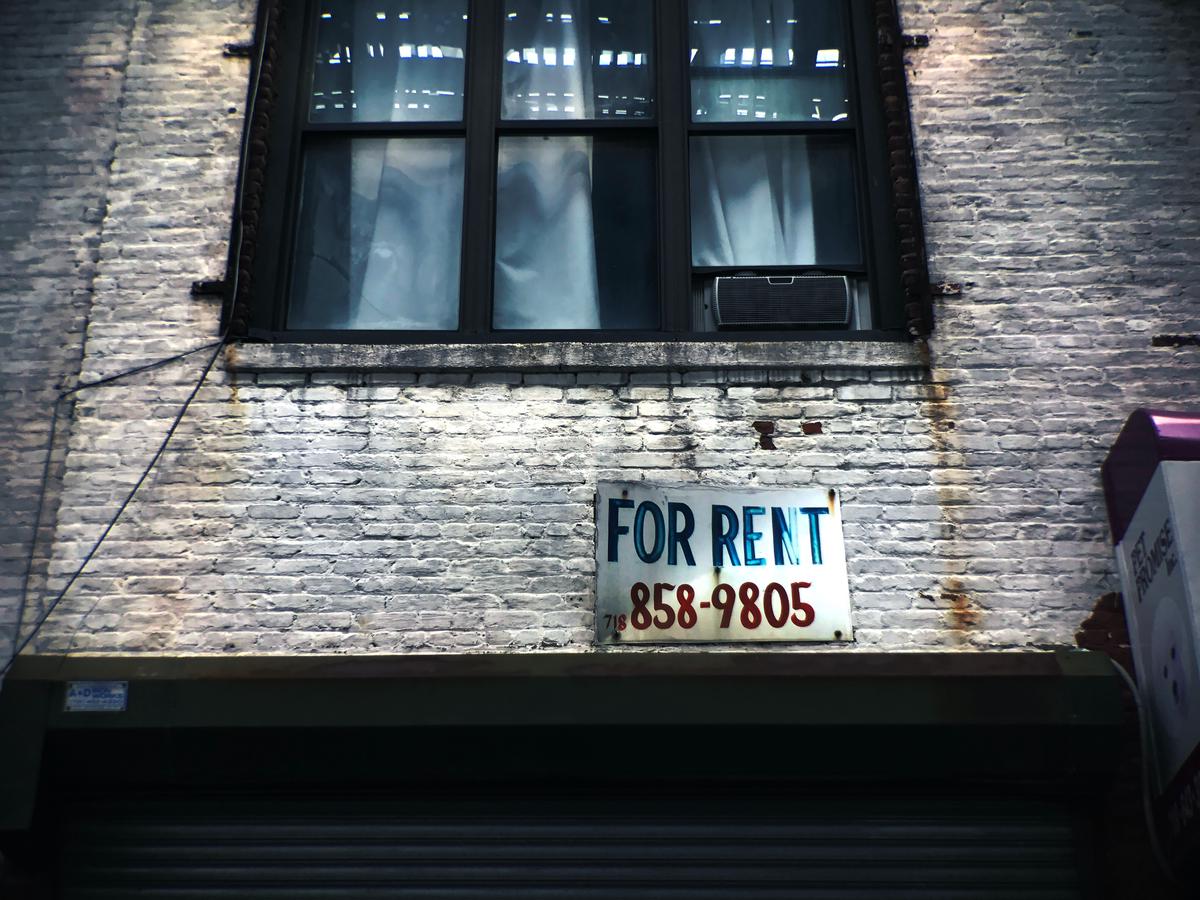Real estate rental, a flourishing sector in Maryland necessitates a thorough understanding of the licensing framework. Particularly, Maryland landlords are bound not only by their financial interests, but also by rental licensing that governs legal, social, and communal domains. This comprehensive composition sheds light on such fundamental elements. It offers a broad view of the rental licensing process in Maryland, highlights financial benefits, underscores the significance of compliance and legal protection, showcases how tenant satisfaction and retention are intertwined with rental licensing, and elucidates the impact on community support and public perception.
Understanding Rental Licensing in Maryland
Importance of Rental License in Maryland
In Maryland, it is a legal requirement that landlords obtain a rental license before they can rent their properties. After ensuring their property meets basic health and safety standards, landlords must apply for a license via the Department of Housing and Community Development (DHCD) for properties in Baltimore City, while each local jurisdiction manages the approval process elsewhere in Maryland.
Benefits of Holding a Rental License
There are significant advantages for landlords who are licensed, including legal protection and demonstrated adherence to the state’s property standards. Being a licensed landlord shows potential tenants that the landlord is committed to providing a safe and comfortable living environment, which can lead to higher rent potential and more appeal to potential tenants. In contrast, landlords operating without a license risk hefty fines and potential litigation.
Operational and Legal Protection
A rental license gives landlords the right to operate a rental unit in Maryland legally. It lends credibility to their business and affirms they abide by state housing regulations. Not having a rental license can lead to lawsuits from tenants, penalties, and fines from local authorities.
Improved Tenant Relations
Holding a rental license can boost trust and reliability in the landlord-tenant relationship. It assures tenants that the property they are living in meets or exceeds basic living standards. This added layer of security can provide tenants with peace of mind, ultimately fostering positive landlord-tenant relationships.
Enhanced Rent Potential
A well-maintained property that meets all safety and health standards can demand higher rents. A rental license adds credibility to the property, as the state or local jurisdictions vet it. This can result in landlords being able to command higher rental prices compared to similar, but not licensed, properties.
Advantages through Local Housing Departments
In Maryland, obtaining a rental license as a landlord gives you access to resources from Local Housing Departments where applicable. Their support can include helping you find suitable tenants, mediating potential disputes, and offering valuable advice to improve your rental units. The extent of these benefits might differ between locations, but wherever they are available, they are undoubtedly beneficial.

Financial Benefits of Rental Licensing
Profit Maximization Opportunities
Financially speaking, securing a rental license provides an immediate advantage: it transforms your property into a consistent source of income. Charging regular rental fees can yield higher long-term earnings compared to a one-time property sale. Moreover, being a licensed landlord allows you to adjust rental prices according to market trends, ensuring you maintain a fair return on your investment.
Increased Property Value
Getting a rental license in Maryland often implies that your property meets certain minimum housing and safety standards, enhancing its attractiveness to potential tenants or buyers. This implies a higher property value. If a landlord opts to sell their property in the future, they can command a better price due to the enhanced perceived value resulting from the rental license.
Robust Occupancy Rates
Following from the increased attractiveness of licensed rental properties, landlords may enjoy robust occupancy rates. In Maryland, potential renters often put more trust in properties that are officially recognized and licensed by the state since it guarantees that they meet certain expectations for livability and safety. As such, licensed properties tend to have less vacancy periods, resulting in a more consistent revenue stream for landlords.
Diversifying Revenue Stream
Landlords in Maryland with a rental license have the opportunity to diversify their revenue streams. For instance, they can charge more for providing furnished apartments or inclusive utilities to increase their income. In cases where a property owner has more than one unit, a rental license allows them to legally lease out each unit, thus diversifying and increasing their monthly income.
Legal Protection and Financial Peace
The Maryland Department of Housing and Community Development regulates the landlord-tenant relationship, providing a standard of conduct and legal protection to both parties. For landlords, this can be a financial safety net. By following the stipulated guidelines in the rental license agreement, landlords protect themselves from potential legal disputes that could lead to financial loss.
For landlords in Maryland, acquiring a rental license presents considerable benefits. Not only does it optimize profits from rentals, but it also enhances the property’s value, bolsters consistent occupancy, diversifies your income streams, and offers legal and financial peace of mind. Therefore, for property owners, securing a rental license should be a strategic consideration.

Regulatory Compliance and Legal Protection
Understanding Regulatory Compliance and Legal Protection
Being a landlord in Maryland comes with certain responsibilities and potential legalities, which is where rental licensing plays a necessary role. Having a rental license acts as a safeguard against a range of potential legal challenges, minimizing liability risks. Moreover, it ensures landlords operate in conformance with state laws and regulations, thus shielding them from possible legal repercussions and financial implications.
Importance of Rental License in Legal Disputes
The importance of a rental license in legal disputes cannot be overemphasized. When a landlord acquires a rental license in Maryland, they agree to adhere to the housing codes and regulations set forth by the Maryland Department of Housing and Community Development. With a rental license, landlords have a reference point for their rights and duties, which can greatly improve the landlord-tenant relationship and mitigate the chance of legal disputes. In potential renter-related legal issues, having a rental license can provide legal standing and credibility.
Reducing Liability Risk
Reducing liability risk is another vital benefit of obtaining a rental license. The license acts as proof that the landlord is committed to maintaining their property to comply with health and safety standards required by the state. The landlord, therefore, reduces their risk of being held liable for tenant injuries due to negligence in property maintenance. Without a rental license, landlords are at a higher risk of incurring fines for non-compliance and facing lawsuits for preventable accidents.
Staying Compliant with Laws and Regulations
A rental license in Maryland demonstrates that a landlord is in compliance with state laws and regulations. These laws cover aspects such as minimum property standards, rent control rules, and disclosures to tenants. Non-compliance with these regulations can result in penalties, lawsuits, or even revocation of the ability to rent property. Therefore, obtaining a license not only shows renters that the landlord is professional and lawful, but it also keeps the landlord updated and informed about rental laws in the state.
Securing Insurance Coverage
Typically, certain insurance providers require landlords to have a rental license for coverage. This is because a rental license ensures that the property is safe, reducing the risk for the insurance company. As such, getting a rental license can make it easier for landlords to secure insurance coverage for their properties. Without this license, landlords may experience challenges when attempting to secure comprehensive insurance, leaving them exposed to significant financial risks.
Financial Benefits and Ease of Doing Business
Finally, the financial benefits and ease of doing business should not be overlooked. With a rental license, landlords can avoid costly fines and legal fees associated with non-compliance. The license also legitimizes the leasing business, which can enhance tenant trust and satisfaction—potentially leading to longer tenant retention and consistent rental income. Furthermore, it streamlines processes, as the Maryland Department of Housing and Community Development offers online systems for license application and renewal.
Obtaining a rental license in Maryland provides landlords with numerous advantages. These range from compliance with regulations and shielding from legal implications, to financial incentives, and facilitating more streamlined business operations in general.

Tenant Satisfaction and Retention
Improved Tenant Living Standards through Rental Licensing
To acquire a rental license in Maryland, landlords must submit their rental properties for inspection. The purpose of this is to ensure all health and safety guidelines as laid out by the state are met and complied with. The stringent inspection process considers factors such as sewage disposal, water supply, pest control, and the general condition of the property among others. So, as landlords go through the process of obtaining a rental license, they also end up improving the standard of living on their rental properties. This brings direct benefits to tenants, arguably resulting in higher tenant satisfaction and a greater likelihood of tenants choosing to extend their stay.
Reduced Tenant Turnover
High tenant turnover can cause landlords significant financial loss due to the costs involved in finding new renters, cleaning and repairing the rental space, and having the property sit vacant in the meantime. However, holding a rental license in Maryland can help mitigate this issue. Since Maryland’s rental license mandates an improvement in the condition of rental properties, tenants are likely to be more satisfied, subsequently reducing the likelihood of early lease terminations. This decrease in tenant turnover translates to consistent rental income for landlords.
Bolstering Landlord-Tenant Relationships
Rental licensing can also contribute to building stronger relationships between landlords and tenants. When a property is maintained up to the standards set by licensing, tenants feel that their safety and comfort are priorities for the landlord, fostering mutual respect and communication. This improved relationship could result in longer lease agreements and more timely rent payments as tenants may feel a stronger obligation to fulfill their contractual responsibilities.
Avoidance of Legal Issues
Pursuing a rental license in Maryland obliges landlords to acquire a comprehensive knowledge of state and local rental laws, thus decreasing the likelihood of legal issues arising due to non-compliance. Abiding by such laws not only protects landlords from potential lawsuits but also signals to tenants that the landlord is knowledgeable and professional. Confidence in a landlord’s professionalism can encourage a more stable, lasting rental agreement.
Potential for Increased Rental Rates
One major advantage landlords derive from securing a rental license in Maryland is the potential for an increase in rental rates. With a rental license, landlords can assure higher property standards, thereby justifying the possibility of higher prices to potential renters. The appeal of a licensed, inspected unit can set landlords apart in an otherwise competitive market filled with non-licensed rental units. Despite the initial investment required to obtain the license, the likelihood of benefitting from increased rental earnings positions this decision as a financially sensible one.

Community Support and Public Perception
Strengthening Community Relations via Rental Licensing
Acquiring a rental license in Maryland markedly boosts a landlord’s reputation and acceptance among the community they serve. More than just meeting legal obligations, having a rental license signifies a landlord’s dedication to offering safe, suitable, and legally adherent accommodations. This commitment promotes a mutual sense of trust and respect with the community, resulting in an overall positive perception of licensed landlords by potential and existing tenants.
Public Perception Shifts
The public perception of landlords can shift markedly when they hold a rental license. Licensed landlords are often regarded as more professional, responsible and conscious of their obligations towards their tenants and the community. This shift in perception can lead to a better reputation, a high rate of tenant retention, and more referrals for prospective tenants – all of which can benefit the landlord’s business long-term.
Enhancing Community Development
A licensed rental property can be seen as the landlord’s positive contribution to community development. In Maryland, a rental license ensures that the property is compliant with health and safety standards. This could mean improved living conditions and directly contribute to a cleaner, safer neighborhood. Landlords with licensed properties are therefore often seen as playing an active role in community improvement.
Promoting Community Harmony
Having a rental license can also contribute significantly to community harmony. Compliance with rental laws and regulations demonstrates respect for legal systems, building better relationships with local authorities. Furthermore, tenants residing in licensed properties are likely to feel more secure and valued, reducing disputes and enhancing community cohesion.
Moreover, Maryland’s rental licensing process requires landlords to understand and comply with their responsibilities, which in turn can minimize misunderstandings, housing disputes, and potential legal conflicts with tenants. As such, landlords who opt for licensing are often seen as enhancing the peace and harmony within the community.
Conclusion
It is clear that obtaining a rental license in Maryland offers myriad benefits for landlords. Apart from meeting legal requirements and avoiding penalties, rental licensing can enhance a landlord’s public image, strengthen community relations, contribute to community development, and foster community harmony. Therefore, even beyond the legal mandate, there are compelling reasons for landlords to consider investing in a rental license in Maryland.

As we have seen, possessing a Maryland rental license accords numerous benefits to landlords, well beyond the immediate financial gains. Ensuring safety standards and legal requisites for your property can, in essence, add an extra buffer of protection against possible litigations, inevitably providing a safer environment for tenants, and subsequently fostering satisfaction and prolonging leases. Furthermore, being a licensed landlord would essentially enhance public perception and community support, thereby promoting community development. Thus, obtaining a rental license is indeed a demonstrative step towards holistic business growth and harmonious community building for landlords in Maryland.
